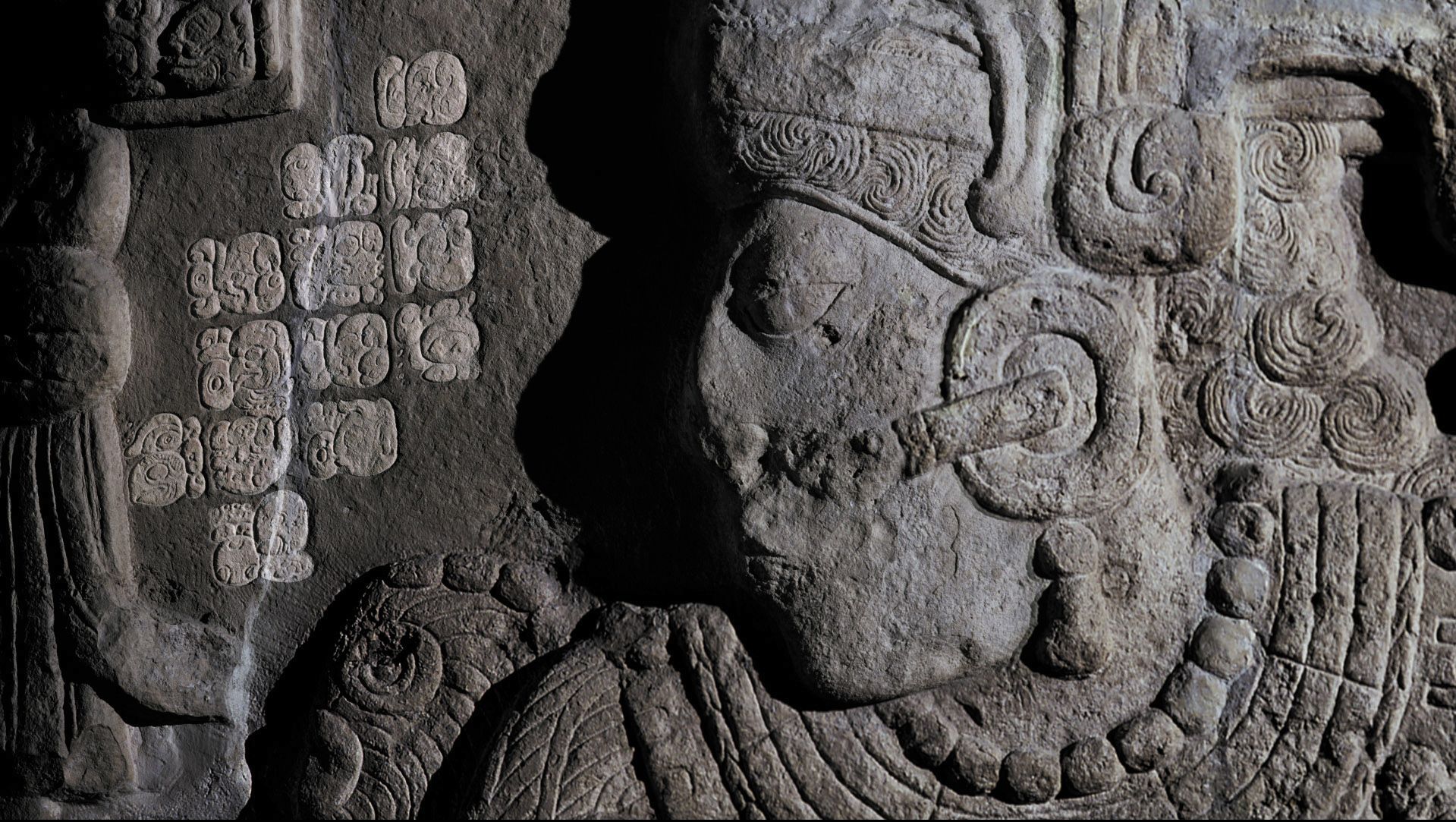ToK Essay Titles Nov 2021 Prompts 5 & 6: Part 4
Certainty and confidence: the power of faith

There is a branch of knowledge, akin to pseudo-scientific knowledge like ‘flat Earth theory’, in which one can seem to have absolute certainty and full confidence, because the truth of that knowledge is somehow ‘guaranteed’ or ‘underwritten’ by a higher power. Faith-based knowledge.
In the Christian context, the definition of ‘faith’ comes closest to our definitions of ‘confidence’ in previous posts. For example, in Hebrews (11:1), ‘faith’ is defined as “the assurance of things hoped for, the conviction of things not seen” (our italics.)
On the one hand, this ‘assurance’ and ‘conviction’ is something that believers do not question – it is implicit in every thought or feeling relating to religious matters, from the words of the Bible to the way we live our lives according to its words. We are emotionally invested in God, fully trust in Him, and are confident that He will fulfil His promises. There is nothing intellectual or reasoned in this knowledge. On some level, we might describe it as ‘blind faith’. An example often given to illustrate this comes from the Bible itself: the willingness of Abraham to sacrifice his son Isaac at the request of God.
On the other hand, the idea is that knowledge grounded on such faith doesn’t require the kind of verification or refutation by empirical evidence demanded by the Sciences. This would be pointless since faith based knowledge claims are about a world ‘not seen’. That is, such knowledge is not knowledge of the empirical world of nature; it is knowledge of a world beyond nature.
For this reason, people who claim to know things based on ‘faith’ explain this knowledge in terms of complete certainty – there is no room for doubting the words of a sacred text like the Bible, as it is the Word of God. This certainty is not simply an aspect of the human mind; it is built into the very knowledge expressed by the words of scripture. We can’t doubt these words since they come from, in the Christian tradition at least, an all-loving and all-good God who would never deceive us. Indeed, from this perspective, religious knowledge never has to be ‘proven’ or ‘tested’ in the scientific way, because it is not based on the experience of the senses. It would be ridiculous to ask for ‘proof’ for religious knowledge claims like ‘Jesus raised Lazarus from the dead’, since such knowledge is based on faith not empirical evidence. In philosophical terms, this is not a statement of fact that requires verification for its truth content; it’s more a ‘speech act’ expressing indubitable belief in, and commitment to, a specific way of life as expressed by the Christian value. When I claim to know with complete certainty that Jesus raised Lazarus from the dead, I’m expressing an unquestioned belief in Jesus’ teachings and an implicit confidence that I want to live my life according to Christ’s values as recorded in the Bible.
So what does all this mean for our key concepts?
1/ It means that we can allow for some level of ‘complete certainty’ in our religious knowledge claims and cannot (or should not) request for empirical evidence to confirm or refute such knowledge. This might make some of us very uncomfortable!
2/ It means that we can, to some extent, always be ‘confident’ in what we claim to know, partly because religious knowledge, as encapsulated in sacred texts, is not ‘always provisional’. What is provisional is our interpretation of it over time.
Of course, all this begs the questions: Is there ever room for religious doubt? Can we ever lose our faith? The answers are, respectively: ‘Yes, there is’ and ‘Yes, we often do’. But that’s a different story…















